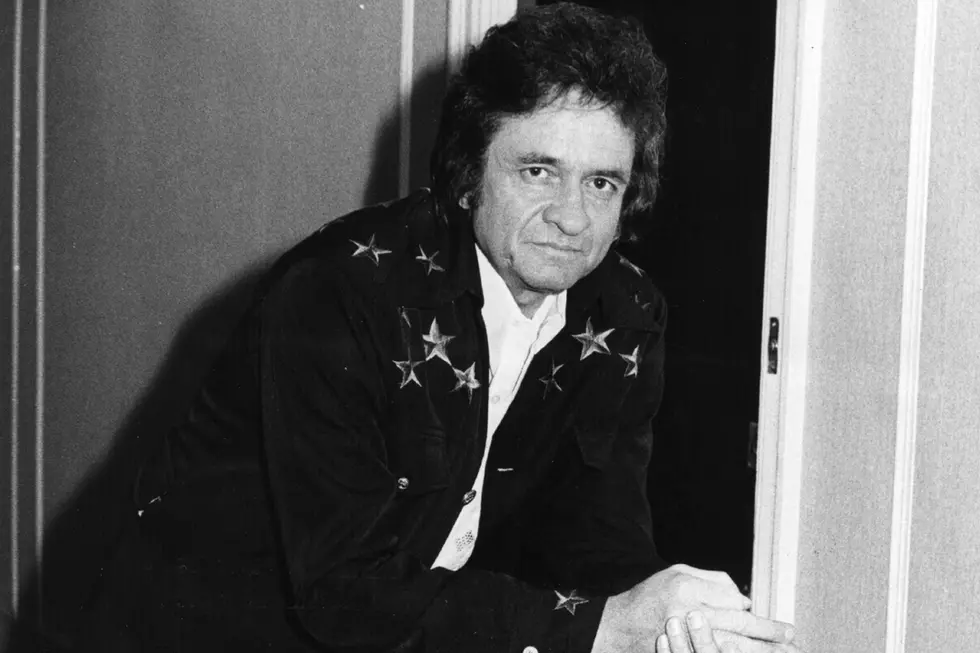
Remember When Columbia Records Dropped Johnny Cash and Stunned Nashville?
Johnny Cash was one of the biggest stars in country music during his 26-year run at Columbia Records, but in 1986 that run came to an end in a story that became the stuff of Nashville legend.
The story has been well-told through the years of how Cash opened up the local newspaper on the morning of July 18, 1986, to read that Columbia was dropping him after 26 years and a run of hits that included "Ring of Fire," "Folsom Prison Blues," "Daddy Sang Bass," "A Boy Named Sue," "Sunday Mornin' Comin' Down" and more, including eight No. 1 albums in an eight-year span from 1963 to 1971. But after 1981 the hits dried up, and by 1986 Cash and Columbia were at a stalemate, with him feeling the label had stopped promoting him and the label feeling that his albums simply no longer sold well.
Columbia head Rick Blackburn told Cash's biographer Graeme Thomson that the separation came about because Cash's contract was up and he wanted more than his current marketplace value to renew. Mercury had offered him a large sum to jump ship, and in The Resurrection of Johnny Cash: Hurt, Redemption and American Recordings, Blackburn says, "I couldn't match it, not at those numbers, and I told [them] that. They went ahead and did the deal. It becomes a numbers game ... we were so far apart."
The deal was supposed to afford Cash the chance to announce his decision, Blackburn says, claiming that an overzealous reporter from the Nashville Tennessean saw the news on his desk during an unrelated interview and broke the story without authorization. It caused a firestorm after USA Today picked it up, with fans and the industry itself expressing outrage that the label would drop such a cornerstone figure. The fallout was an embarrassment for all involved, but in retrospect, Blackburn defends the choice.
"When you're running a business it's about everything moving forward," he tells Thomson. "It's not 'What have you done for me' but 'What are you going to do for me?' It's a debate that will go on, and it's a good debate."
Cash went on to a solid but unspectacular run with Mercury from 1986 until 1991, then signed a surprising deal with Rick Rubin's American Recordings. His Rubin-produced American Recordings album in 1994 reaffirmed his status as a legend and a cutting edge artist all at once, and according to History.com, when Cash won a Grammy for Best Country Album for his next album with Rubin, 1998's Unchained, they took out a full-page ad in Billboard featuring an old picture of a young, brash Cash giving the middle finger to the camera, accompanied by the text, "American Recordings and Johnny Cash would like to acknowledge the Nashville music establishment and country radio for your support."
See Inside the Johnny Cash Museum in Nashville
More From KIKN-FM / Kickin' Country 99.1/100.5

![Luke Combs Turns on the Romance With ‘One Number Away’ on ‘Colbert’ [Watch]](http://townsquare.media/site/204/files/2018/07/Luke-Combs-One-Number-Colbert.jpg?w=980&q=75)








